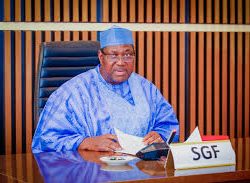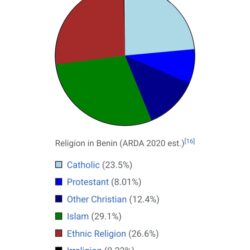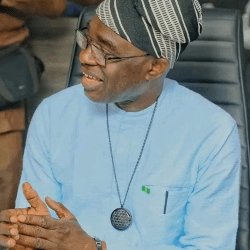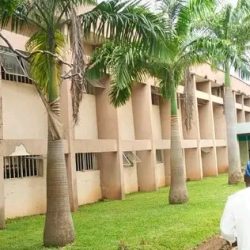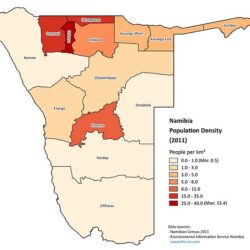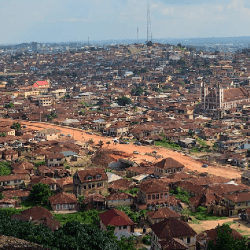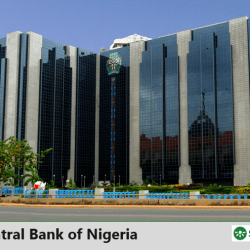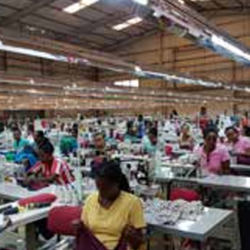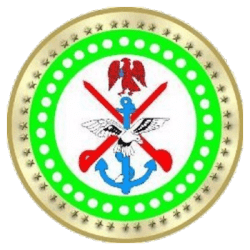
NISER, Nigerian Institute of Social and Economic Research, does the following:
a) Conduct research into the economic and social problems of the country with a view to the application of the results thereof;
b) Provide consultancy services to Federal and State Governments, their agencies and other organisations, in the field of economic and social development;
c) Organise seminars and conferences on problems of economic and social development in the country, whether on its own accounts or on behalf of the governments of Nigeria or their agencies; and
d) Cooperate with Nigerian universities, research institutes and other institutions in the mobilization of the country’s research potential for the task of national development and dissemination of research findings for the use of policymakers at all levels.
The Federal Government established the Nigerian Institute of Social and Economic Research (NISER) in 1960 and domiciled it in the University of Ibadan, Ibadan. This followed the dissolution of the West African Institute of Social and Economic Research (WAISER), which the colonial government established in 1950 to serve as a Think Tank in the field of social and economic development for the then British West Africa territory. In 1977, the Federal Government detached the Institute from the University of Ibadan and made it autonomous via NISER Act No. 70 of 1977 (now Laws of the Federation of Nigeria 2006 CAP 115). In 1987, NISER moved out of the University of Ibadan to its headquarters at Ojoo, Ibadan and was placed under the Presidency. In 2006, the Federal Government merged the National Manpower Board (NMB) with NISER and placed the Institute under the National Planning Commission (NPC).
Nigerian Institute Of Social And Economic Research is a public research institute located in Ibadan. The center is one of the foremost publicly funded think tanks in the country.
Prior to NISER, colonial authorities established the West African Institute of Social and Economic Research. The center was founded in 1950 and headquartered in Ibadan with a mission to provide information on economic and social ideas that will be pivotal to development of British West African countries. The institute was affiliated with University of Ibadan and was publicly funded. In 1957, Ghana obtained political independence and opted out of the institute. After Nigeria gained independence in 1960, the name of the institute was changed to Nigerian Institute of Social and Economic Research.[2]
In 1977, the military government made NISER an autonomous body. Thereafter, NISER’s responsibilities include coordinating social and economic research in federal universities. The institute also carries out independent research on social and economic issues, provide consultative service to the government based on research findings. The institute’s facilities are used as a venue for seminars and conferences.
The Institute has a Governing Council, Office of Director-General and departments. There are five departments consisting of three research departments and two non-research departments. Research departments are organized in two working groups each. Non-research departments are organized in divisions and units.
A Director-General, who is the Chief Executive, heads the Institute. Each of the five departments has a Director, while working groups, divisions and units have Heads. The Director-General is assisted in the administration of the Institute by the several committees and boards, including the Management Committee. The Management Committee comprises the Director-General, Directors of Departments – five of them, Head of the Technical Collaboration and Corporate Planning Unit (TCCPU) and a secretary. The Institute is self-accounting and it has an internal auditor.
The Institute has a broad regional framework which comprises the Headquarters in Ibadan, two liaison offices in Abuja and Lagos and six zonal offices, representing the six geo-political zones of the country. The regional structure of the Institute is presented as follows:
Headquarters : Ibadan
Liaison Offices : Abuja, Lagos
ZONAL OFFICES
North-East : Bauchi
North-Central : Minna
North-West : Sokoto
South-East : Owerri
South-South : Port-Harcourt
South-West : Akure
Reference: About NISER – NISER



